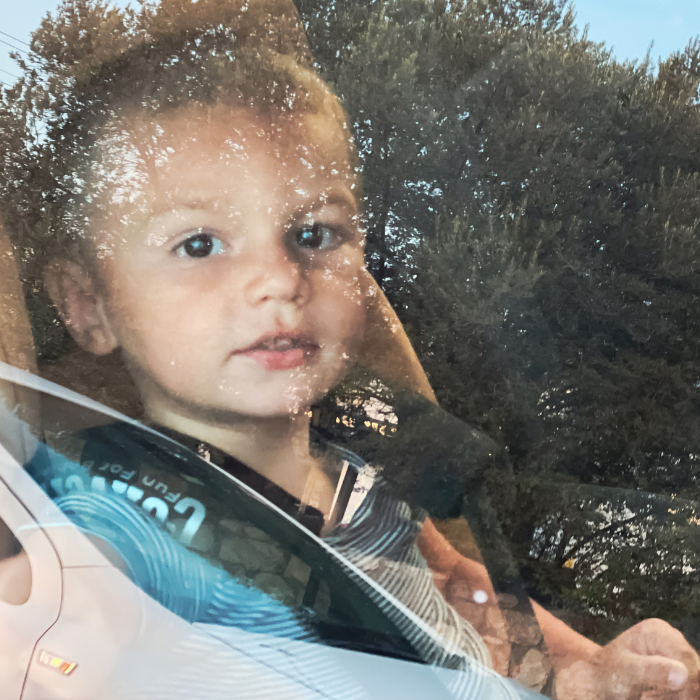Regular check-ups and good brushing habits are essential for healthy teeth. Your child’s teeth have to last a lifetime, so enrol your child for free check-ups and help them keep their mouths in top shape.
Prevention is better than the cure, especially when it comes to teeth and your child’s oral health. As soon as your child has teeth, they should be brushed at least twice a day with a fluoride toothpaste. Regular check-ups are also key to ensuring that decay and other problems, such as 돌출입 can be spotted and treated early and don’t affect your child’s teeth and gums permanently.
Thankfully, up until your child’s 18th birthday, basic oral health services throughout New Zealand are free. It’s important to enrol your child as early as possible, so they can have their first check-up, which is usually done between their 1st and 2nd birthdays.
Standard treatments are free and include:
- Check-ups that involve a routine examination, checking teeth for decay and looking at gums
and mouth for any problems. - X-rays that are used to find tooth decay and other problems that can’t be seen.
- Fluoride treatment helps make the surface of the teeth more resistant to decay.
- Fissure sealants are a thin layer of white filling, painted onto teeth that are at risk of developing tooth decay.
- Cleaning removes plaque, staining and tartar from teeth to help prevent tooth decay.
- Fillings are used to restore teeth that have been affected by tooth decay.
- Extractions to remove teeth that have been badly affected by tooth decay.
When brushing children’s teeth, use just a smear of adult strength fluoride toothpaste on a small, soft toothbrush for a child under six years and a pea-sized amount for a child six years and over. Toddlers can initially be resistant to teeth-brushing but make brushing fun with special ‘tooth brushing’ songs or play make-believe dentist games. They should brush their teeth twice a day – after breakfast and before bed, so get your child into this habit early. And remember to teach your child to spit out after brushing, but not to rinse their mouth with water, as the small amount of fluoride toothpaste left around the teeth will help protect them. Once
a child can control a pencil and begins to write (at around age five), they should be able to brush their own teeth. However, you’ll need to supervise brushing until your child is about eight years old.
Flossing gets to places that brushes can’t reach and should also be done once a day. A child should start flossing when two teeth touch and this is usually when the first back teeth appear. To begin with, you will have to floss your child’s teeth, but they will eventually learn to do it for themselves.
Gently lift your child’s top lip once a month to check for any decay that may be in the treatable, early stages. Look for white spots at the gumline, particularly on the upper front teeth. Also look for discoloured areas or pieces of missing teeth. Check that gums aren’t puffy or bleeding.
www.letstalkteeth.co.nz or 0800 Talk Teeth (0800 825 583) is a service designed to help you with enrolment or any other queries relating to finding a free dentist for your child. They will send you the right forms to fill in and tell you where your local oral health service is located. If your child is in year 9 or above, you can choose a dentist for them. Simply fill in the forms and give them to your chosen dental practice. However, if your family dentist doesn’t have a contract with your local District Health Board to supply free dentistry for your child, call 0800 Talk Teeth and they will help you find a dentist near you who does.








